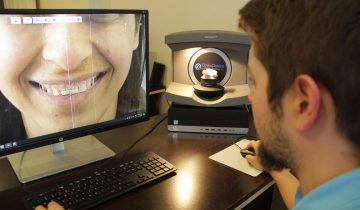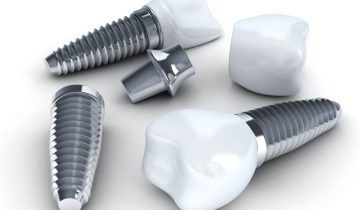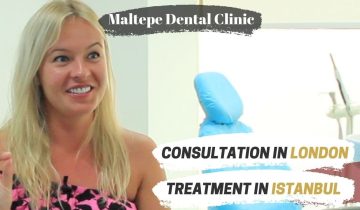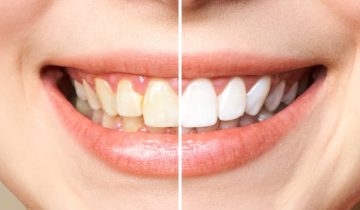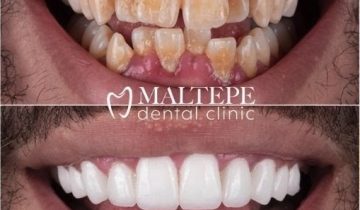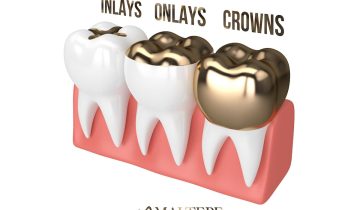Last updated on October 8th, 2023
Dentistry is a fast-growing medical field, and more and more people are looking for better, faster, and more affordable solutions for their dental problems. Fortunately, technology is developing at a faster rate, and new technologies are introduced each year. However, some basic ethical principles never go away, and new questions related to ethical dentistry arise. In fact, they are getting more and more important than ever these days to solve ethical problems in dentistry.

In this article, you will read about ethical dentistry and some key points. After that, you will read about one of the hottest debates in dental practices; minimally invasive dentistry.
What is Medical Ethics?
Ethics refers to the moral principles that govern people and anything that people do. The medical codes of ethics date back to Hippocrates, a Greek physician. Since then, medical professionals have taken Hippocratic Oath, which binds them to the ethical principles in their practices.
Today, medical ethics is a widely accepted branch of ethics based on certain values so that professionals can solve moral dilemmas in clinical medicine or other medical practices and research. Examining its origin and evolution, one can see that societies have experienced the right or good ways of performing medical practice throughout the years.
Furthermore, educated authorities have defined the codes of ethics to ensure such practices keep moral features and improve patients’ medical conditions. Medical ethics involve principles guiding professionals’ relationships between the patients, society, and other professionals. The codes are usually powerful statements, but they may not be legal mandates since they are still a matter of dilemma for some people under certain conditions. However, there are many fundamental principles that everyone can agree on, such as refusing undertreatment or overtreatment and forcing confidentiality. In addition to these umbrella ethical codes, each clinic field might have its sub-codes considering the variables within the sector and society.
What Is Ethical Dentistry?
Dentistry is a fast-growing medical field, and more and more people are looking for better, faster, and more affordable solutions for their dental problems. Fortunately, technology is developing at a faster rate, and new technologies are introduced each year. However, some basic ethical principles never go away, and new ethical questions in dentistry arise. In fact, they are getting more and more important than ever these days to solve ethical problems in dentistry.
Ethical dentistry focuses on the moral aspects of the dental treatment rather than the quality or price. As you might have already experienced, many people are getting dental treatment that does not meet their expectations for some reason. Suppose the potential reasons cannot be defined by the apparent factors like the expertise of the dental professional, the technology used, or the money charged.
In that case, you can refer to ethical issues in dentistry. In fact, ethical dentistry is about each of the factors listed above but above all of them. Here is a shortlist of key principles in ethical dentistry that the clinics are supposed to follow.
Welcome Patients’ Involvement
Some dental professionals think that they are the ones who know the best about teeth. Actually, only a few people can deny it. However, it is not about knowing or not knowing about teeth. Dentists should be aware that they are patients’ teeth, and they must have a say in their treatment.

Patients’ self-expression and desires are of crucial importance and should never be ignored. However, dental professionals should still inform the patients about the boundaries of the treatments that are both acceptable and healthy at the same time.
Do Good with No Harm
Dental professionals are supposed to maintain the health and safety of their patients. Unfortunately, some practices might have specific undesired effects while providing the patient with better dental health or dental beauty. However, thanks to the emerging new technology, many undesired effects can be eliminated or minimized. Therefore, dental professionals shouldn’t limit their knowledge and expertise with their education at school. Still, they should keep their knowledge up-to-date and keep educating themselves continuously.
Also, doing good involves giving the patient the best treatment possible at an affordable price in a short time. Thus, being economical and time-saving are also other components of doing good. Avoiding “doing good” for the sake of money or popularity, while it is possible somehow, is against the ethical codes described above.
Be Fair and Truthful
Being fair refers to embracing patients from all walks of life regardless of their race, religion, socioeconomic background, or health condition. If a dental professional cares more about a celebrity than an ordinary person regarding smile design, this breaks the code of ethical fairness.
Being truthful is also very important. A dental professional should be transparent and clear about the diagnosis, treatment, and results. This is closely linked to undertreatment or overtreatment, which are some of the most significant pitfalls of dental treatment. Hiding some negative things for the sake of corporate image might create more important problems in the future.
Cosmetic Dentistry and Ethics
Although dental health is always important, a growing number of people have started to seek ways to get a better smile recently. Many people want to have that nice smile they see on TV or social media. This trend has led people to have dental treatments for aesthetic reasons rather than dental health problems. In fact, the desire for a better smile is totally acceptable as long as you don’t risk your dental health.
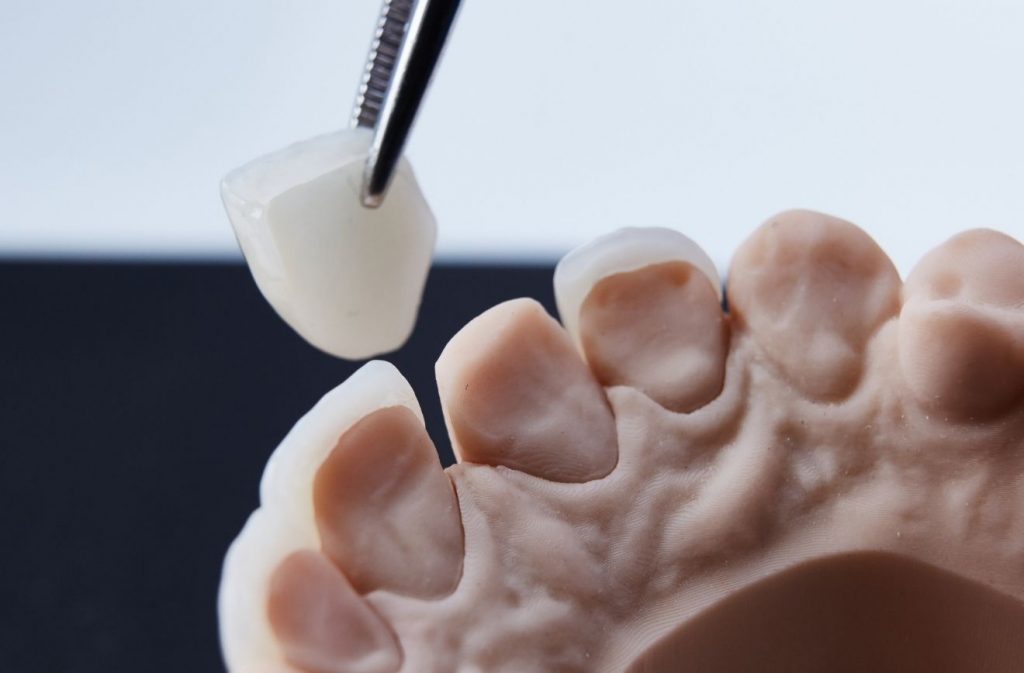
That is the point where some patients might ignore it, but dental professionals or clinics should never forget it. Minimal intervention dentistry calls for the tendency of working on a tooth just as much as it needs, with no further application. However, lack of ethical concerns, some dental clinics or professionals might risk your future dental health so that they can get better or easier cosmetic results.
Ethical Dentistry and Minimally Invasive Dentistry
Minimally invasive dentistry is a response of ethical dentistry to the ethical concerns mentioned above. As you may already know, most cosmetic dentistry practices require a file-down process as a part of the preparation for the next stage. This preparation needs to be highly sensitive, and the extent of file down should be critically estimated for each tooth of each patient.
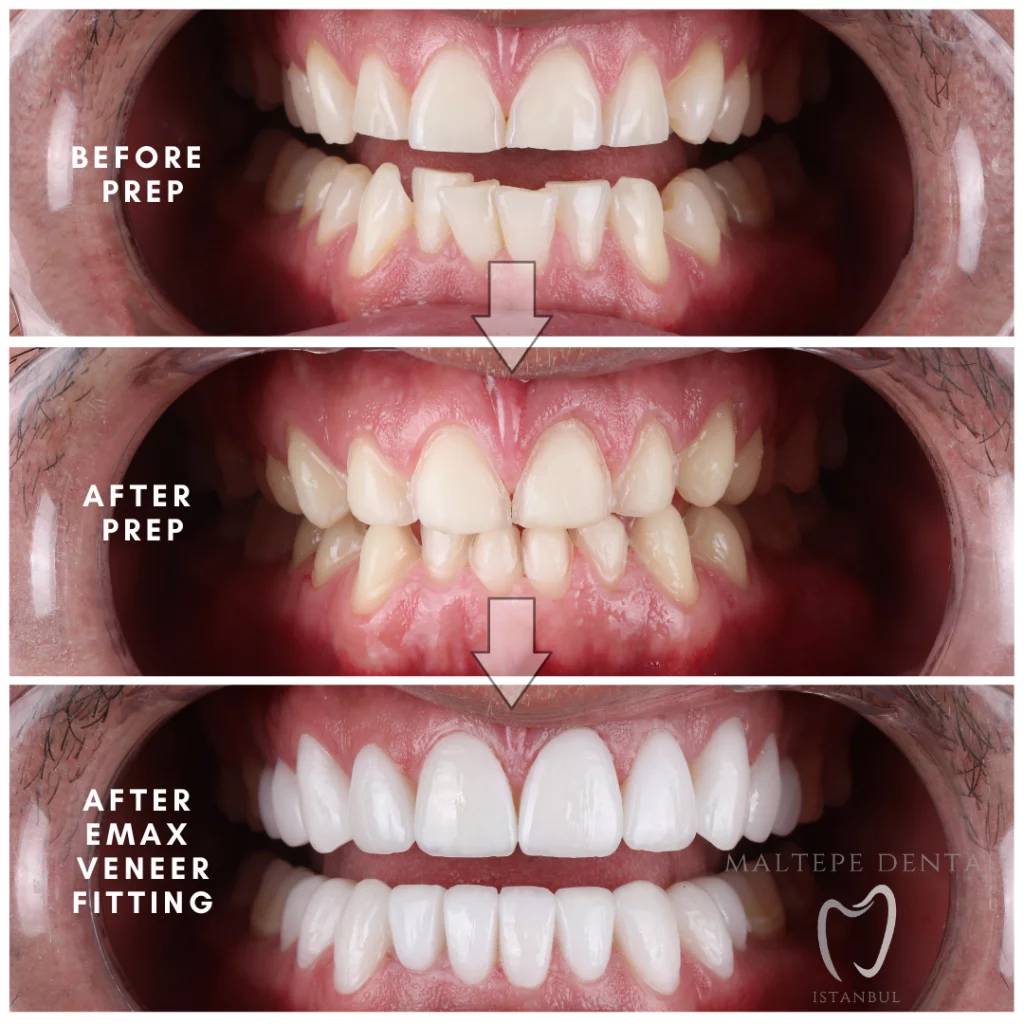
Otherwise, the enamel on the tooth surface will decay easily in the future. Therefore, any professional abiding by ethical dentistry follows minimally invasive dentistry practices. Minimally invasive dentistry proposes non-prep methodology as much as possible. If it is not possible for some reason, minimal prep veneer is advised, in which little to no surface removal is needed.Sadly, some medical clinics or individual dental professionals prioritize higher cosmetic beauty with less laborious treatment in a shorter period at the cost of damaging patients’ dental health. They tend to ignore law and ethics in dentistry. Nevertheless, there are still many clinics and professionals who are fond of ethical dentistry at all costs.

